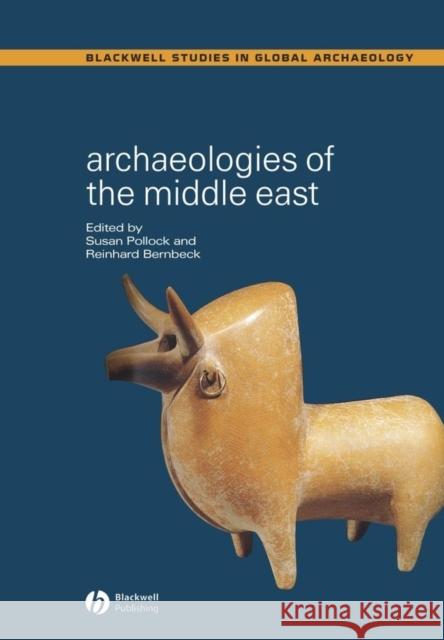Archaeologies of the Middle East: Critical Perspectives » książka
topmenu
Archaeologies of the Middle East: Critical Perspectives
ISBN-13: 9780631230007 / Angielski / Twarda / 2004 / 384 str.
Archaeologies of the Middle East provides an innovative introduction to the archaeology of this fascinating region and a window on both its past and present.
- Written by some of the top archaeologists of the Middle East: scholars from diverse backgrounds with a wide range of interests and intellectual approaches
- Coverage spans 100,000 years: from the Paleolithic to Hellenistic times
- Explores the connections between modern-day politics and the social context of archaeological practice and various underutilized approaches to archaeological interpretation
- Designed for student use











